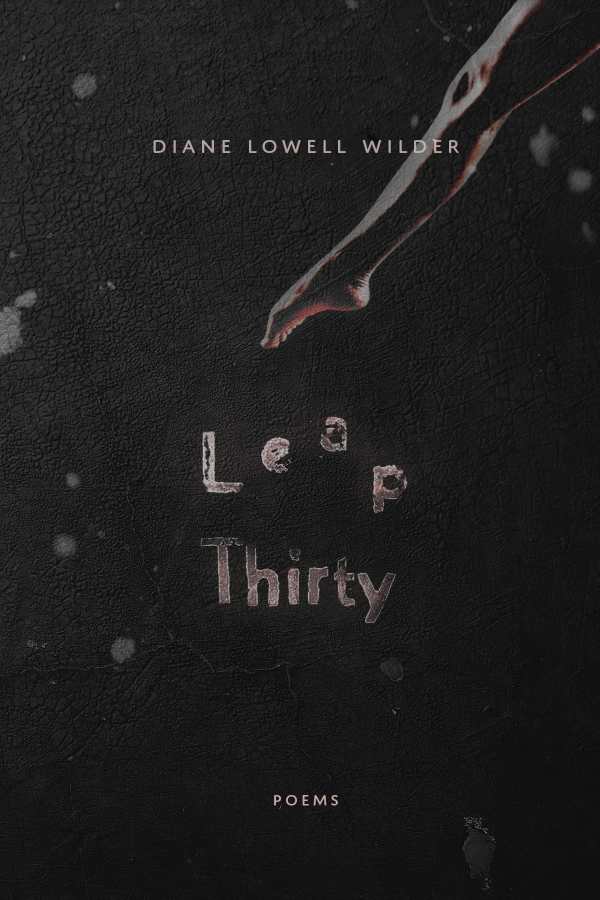Leap Thirty
Leap Thirty is a powerful, understated poetry collection that makes its impact felt through emotional resonance.
Time and memory are the foundation of Diane Lowell Wilder’s poetry collection Leap Thirty.
At once personal and universal, these poems span more than thirty years in a woman’s life. She is a daughter, wife, and mother who discusses her choices; she is variously reflective, anxious, disappointed, happy, and content. Though not autobiographical, these poems are infused with elements of Wilder’s life and family; the more specific the poems are, the more resonant they seem.
“Thirty” is repeated throughout the collection’s thirty poems, which are split across five themed sections, all of which tie into the overall theme: memory. And while childhood, parenting, romantic relationships, grief, and growth are addressed in their distinct sections, they also permeate the others. Thirty years is the length of the relationship in “Blink,” before it stutters to a standstill, while “Glorious Leap Thirty” spans the gap from childhood to adulthood with all the grace of a ballerina, and all of the lost memories, too.
The poems’ structures and forms change based on the personality of each piece. Some poems, like “Salad Nights,” stick to non-rhyming couplets. Others, like “Ex-”, play with space, line lengths, and stanza lengths:
My therapist asks if I enjoy
being a victim
I will make that mistake again
I will play for tips
I will play for your half
of half-uneaten sandwiches
The raw honesty of the poems makes their meanings plain; it also leads connections to flourish. “Mother-fear” centers on a neighborhood walk, a game of hide-and-seek, and the discovery of a lost pair of boots. Anxiety fills the poem, as the boots are child-sized. As the poem continues and closes, it becomes clear that the boots and the game are not connected beyond the fear that seizes the parents of a lost child.
The book’s spare use of literary devices makes their presence that much more noticeable. In “The Beet,” a teenager thinks to make a baked beet snack, but after setting the oven on high, goes off to shower. The beet overcooks and is set on fire; underneath the char, a tasty treat remains. It’s an apt metaphor for overcoming adversity.
Moving in their simplicity, these poems excel because of their focus on quiet moments that are often overlooked in favor of milestones. At the same time, the poems are a way to process heavier emotions around loss—of a family member, of a relationship, or of time.
Leap Thirty is a powerful, understated poetry collection that makes its impact felt through emotional resonance.
Reviewed by
Dontaná McPherson-Joseph
Disclosure: This article is not an endorsement, but a review. The publisher of this book provided free copies of the book and paid a small fee to have their book reviewed by a professional reviewer. Foreword Reviews and Clarion Reviews make no guarantee that the publisher will receive a positive review. Foreword Magazine, Inc. is disclosing this in accordance with the Federal Trade Commission’s 16 CFR, Part 255.

